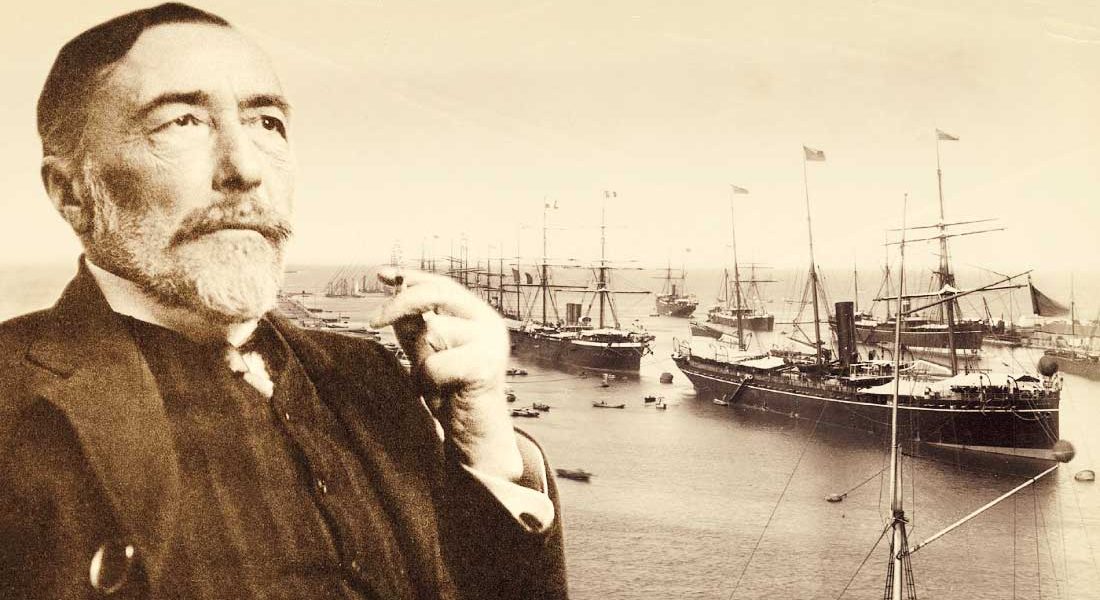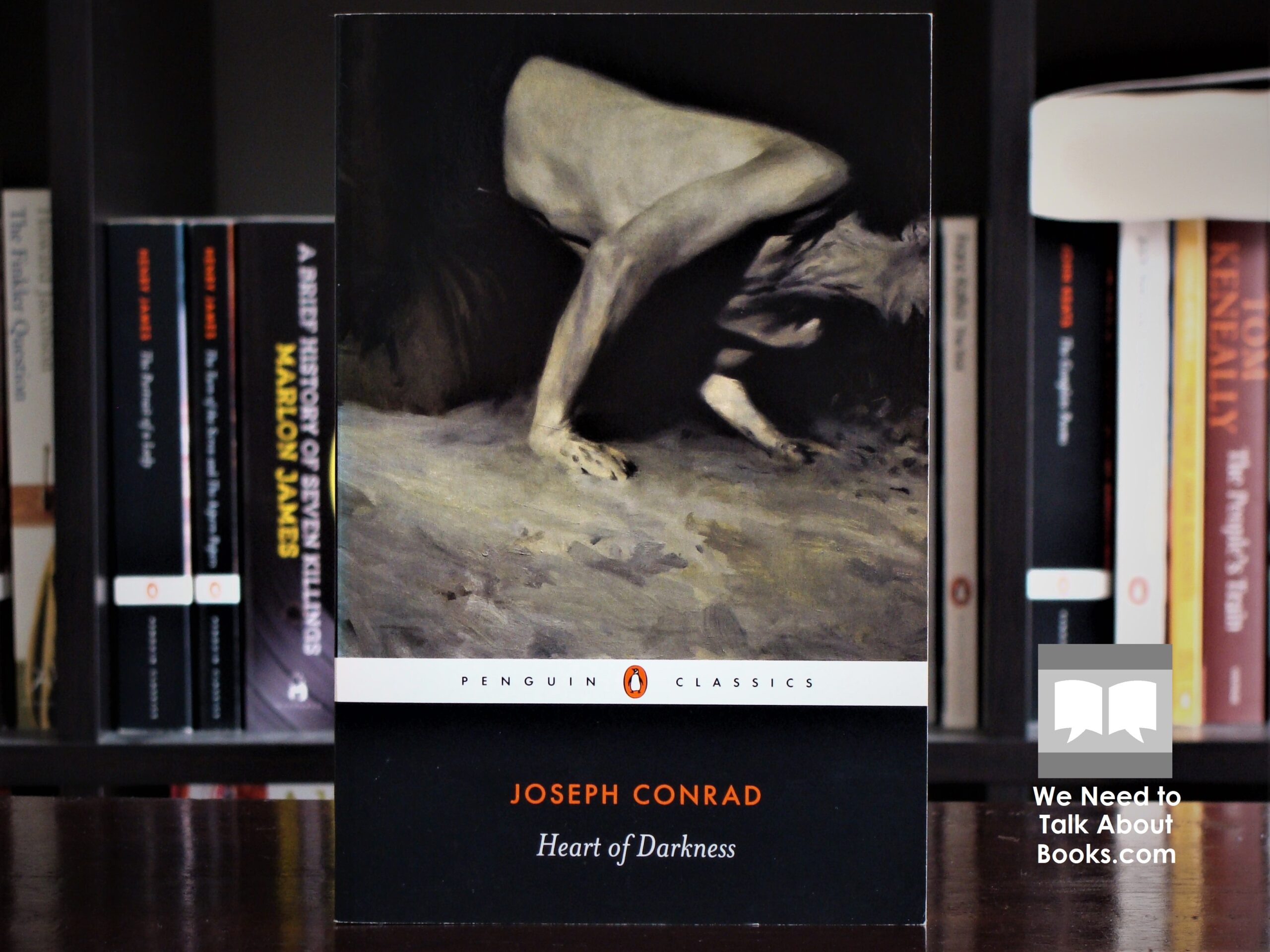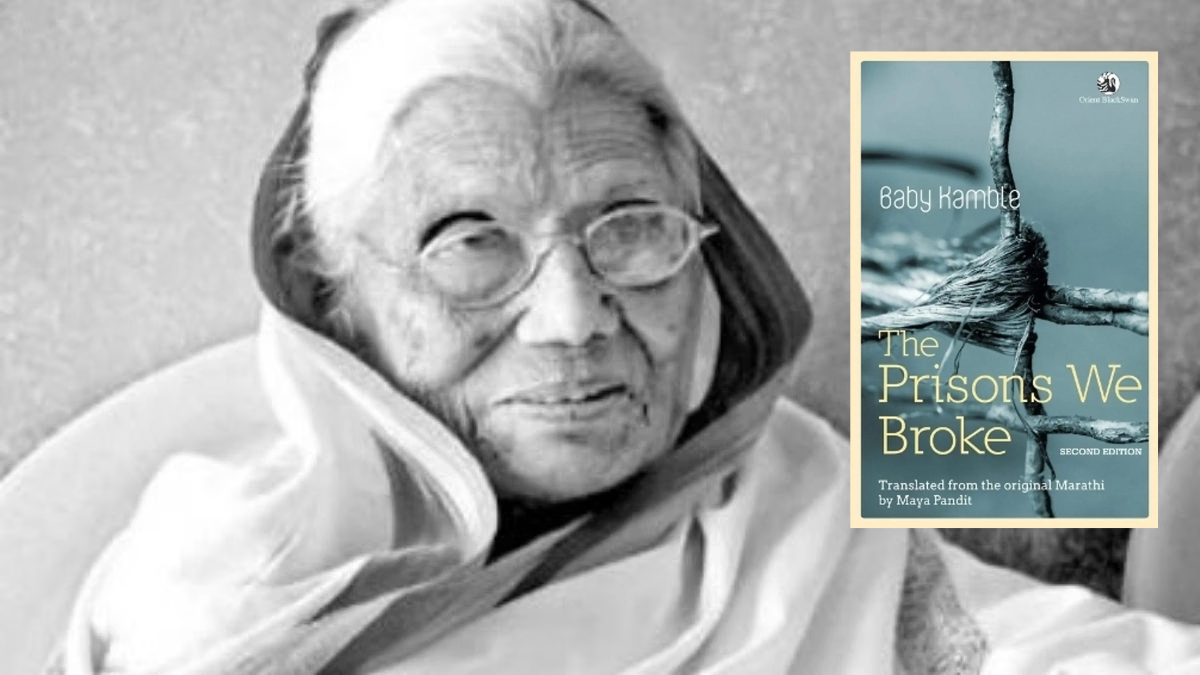The plot of Polish-British author Joseph Conrad’s novella Heart of Darkness (1899) revolves around Marlow, an observant sailor, and his trip up the Congo River to see Kurtz, a reputed idealist man of tremendous powers.
Marlow accepts a position as a boat captain with the Company, a Belgian trading firm based in the Congo. Conrad’s approach of delving into the psyche of the tormenter rather than the tormented has been criticised by several scholars including Chinua Achebe. However, it is relevant to explore the relationship between madness and colonial power essayed through the character of Kurtz.
Aimé Césaire argues in his book Discourse on Colonialism that there is a need to study “How colonisation works to ‘decivilise’ the coloniser, to ‘brutalise’ him in the true sense of the word, to degrade him, to awaken him to buried instincts, to covetousness, violence, race hatred, and moral relativism”. In Heart of Darkness, Joseph Conrad uses Kurtz to represent the European colonial enterprise, eager to ‘civilise‘ the Black natives of Congo, thereby exposing their colonial hypocrisy and further deconstructing the complex psyche of the coloniser.
Through Kurtz, Conrad investigates the atrocities of colonial exploitation, portraying it as a phenomenon that sabotages not just the people and cultures it abuses, but also those colonisers who endorse and employ it.

Most of what we learn about Kurtz is from hearsay, and when we do finally meet Kurtz through the central protagonist Marlow, we barely find any resemblance to the man who was described earlier as a “prodigy” and “an emissary of pity and science and progress”. However, as the novella unfolds, Conrad shows us that the dark reality of Kurtz’s condition is far from redemption or growth.
In Heart of Darkness, the target of Conrad’s criticism and vilification is not at the attempt of the European colonialists to exploit the natural resources, richness, and ivory from Africa, but the hypocrisy and the duplicity that disguises this intention of the coloniser with altruistic ideals of development and civilising the native Africans. James Scannell argues that in writing Kurtz’s merciless ending, Conrad makes him the “object lesson” of particularly that kind of colonial “horror“.
Patrick Brantlinger, in his paper ‘Heart of Darkness: Anti-Imperialism, Racism, or Impressionism?’ argues that Kurtz participates in the “unspeakable rites” of the “natives” while they worship him like an idol, exposing his own unrestrained savagery and bloodlust. When Kurtz uses the term “brutes”, it is easily comprehensible that he does not view the Africans as anything less than monsters. However, Conrad makes it apparent to the readers that Kurtz, just like the colonial Empire, has no awareness of his own monstrosity
Kurtz does not shy away from the fact that he does not “trade” but exploits the natives for ivory. He says that he uses “suppression” and seeks to “exterminate all the brutes” through violence. His own language and perverse honesty concerning the natives give away his perspective, motivation, and evil practices, eventually leading to his bone-chilling madness and demise.
Also read: Nationalism And Motherhood As Symbols In J.M. Synge’s Evocative Play ‘Riders To The Sea’
While referring to the European city of Brussels, Marlow calls it the “sepulchral city“, or a hollow tomb of a city, and describes the White men like Kurtz as ‘empty with no moral substance within‘. Marlow being Conrad’s mouthpiece in Heart of Darkness stresses that men like Kurtz become engulfed in the darkness of their own selves in the “utter solitude” of the African jungle “without a policeman”.
Through Kurtz’s character, Conrad represents the hollow European civilisation and the men who become so entranced and “mad” with the desire for power in the absence of man-made restrictions amid the jungle that they are unable to battle against their inner instincts and become the beasts they thought they had come to “civilise“.

Heart of Darkness treats Kurtz’s madness as the outcome of being isolated from his social setting and having nobody to be accountable to for his violent and deplorable behaviour. Whether it was because of fear or due to the power he exerted over the Africans, they treated him like a god. He had unlimited and unchecked access to power. Kurtz was worshipped in the village and he even allowed human sacrifice in his name.
Marlow claims that “All Europe contributed to the making of Kurtz”. Kurtz is indifferent to his reputation, but the Company is not, however, their goal remains the same: to loot the riches of Congo. Kurtz becomes the personification of the ambition, cruelty, and selfishness that Marlow sees in the Congo, and Kurtz’s inevitable descend to madness only allegorises the fate of the unchecked colonisers
Patrick Brantlinger, in his paper ‘Heart of Darkness: Anti-Imperialism, Racism, or Impressionism?‘ argues that Kurtz participates in the “unspeakable rites” of the “natives” while they worship him like an idol, exposing his own unrestrained savagery and bloodlust. When Kurtz uses the term “brutes“, it is easily comprehensible that he does not view the Africans as anything less than monsters. However, Conrad makes it apparent to the readers that Kurtz, just like the colonial Empire, has no awareness of his own monstrosity.
Conrad said to Elsie Hueffer that he “distinctly admit[s] the fault of having made Kurtz too symbolic or rather symbolic at all“. In Heart of Darkness, Kurtz symbolises the lunacy and thirst for money of the European colonial enterprise that consumed the colonisers in its demonic objectives, both literally and figuratively.
Kurtz’s lust for power and unapologetic perversion threatens the Company’s facade of “humanitarian” aspirations in the Congo as he delivers more ivory than other stations through intimidation and cruelty. Unlike the Company, Kurtz does not hide his malevolent actions behind altruistic intentions. That scares people like the Manager, who do not appreciate Kurtz’s cruel methods and deems it “unsound” due to fear of exposure.

Marlow claims that “All Europe contributed to the making of Kurtz”. Kurtz is indifferent to his reputation, but the Company is not, however, their goal remains the same: to loot the riches of Congo. Kurtz becomes the personification of the ambition, cruelty, and selfishness that Marlow sees in the Congo, and Kurtz’s inevitable descend to madness only allegorises the fate of the unchecked colonisers.
In conclusion, Kurtz is a complex character and can hardly be painted with a single stroke. He did achieve money, riches, and unbridled power, for the time being, but his life remained hollow and drove him to death and insanity. Perhaps, Kurtz’s final words, “The Horror! The Horror!” is Conrad’s way of portraying the manifestation of Kurtz’s inner uninhibited “darkness” before his own eyes, which was brought out by the “dark” forces of the European Empire in the Congo, while also serving as a warning against the same.
References:
Conrad, Joseph, and Paul B. Armstrong. Heart of Darkness: Authoritative Text, Backgrounds and Contexts, Criticism. W. W. Norton Et Company, 2017.
CESAIRE, AIME. Discourse on Colonialism. AAKAR Books, 2018.
Scannell, James. “The Method Is Unsound: The Aesthetic Dissonance of Colonial Justification in Kipling, Conrad, and Greene.” Style, vol. 30, no. 3, Penn State University Press, 1996, pp. 409–32
Brantlinger, Patrick. Heart of Darkness: Anti-Imperialism,Racism, or Impressionism
Baines, Jocelyn. Joseph Conrad: A Critical Biography. Weidenfeld, 1960.
Featured Image: We Need To Talk About Books
About the author(s)
Poulomi is a Master's scholar from Jamia Millia Islamia, New Delhi, who loves to scribble poetry and write essays just when she can't seem to hold it all in. Her research interests include feminist studies, postcolonial theory, trauma and disability studies. She is very eager to read anything she can get her hands on, when she is not obsessing over spicy food or sleeping





